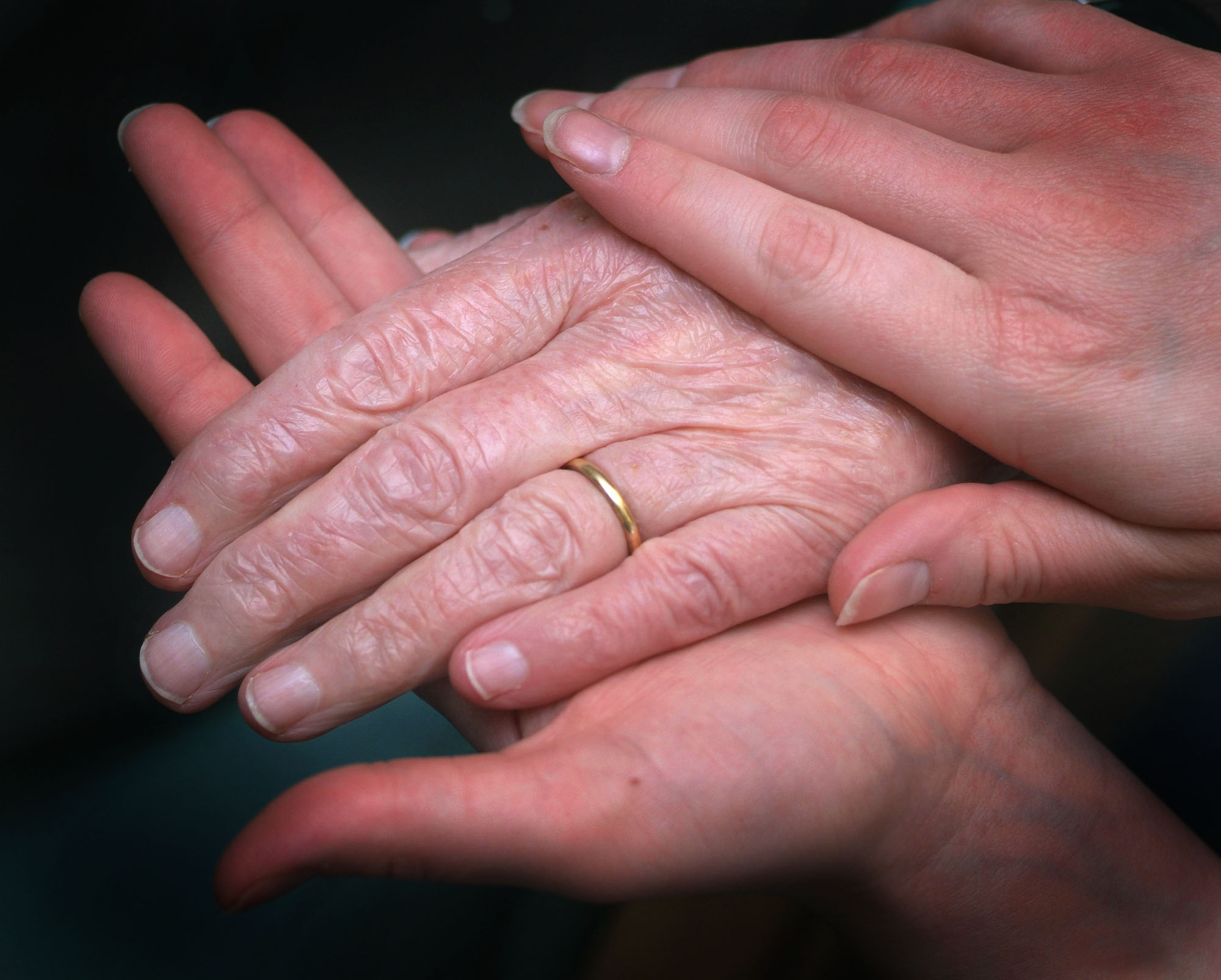There is truth in the statement, “You can never make everyone happy.”
If the person you can’t seem to satisfy is the older adult you care about or sibling caregivers, remember that your priority is to take care of yourself (satisfy) yourself first.
This may sound selfish. However, unless you make efforts to continue your own life in a positive manner, you won’t satisfy anyone – including your older adult.
Good communication is an important key for ensuring the family caregiver and older adult feel good about a caregiving situation. Also, both need to be open to asking for and getting help. Help may come from family members, friends, health care providers, care services, community resources and in support groups.
The following are some tips for improving communication and handling conflict:
Step back from the situation
By taking a step back from your family caregiving situation, you can better review reasons why things are happening and alternatives for dealing with problems. This can only be done by taking a break from caregiving duties. With a better understanding for your situation and feeling that there are options for help, you may feel relieved and better equipped to deal with your situation. You will be more open to a positive discussion with your older adult.
A family caregiver support group is also a good alternative. A group can help you feel less alone when dealing with issues. Also, other caregivers can offer great tips in support groups on how they’ve dealt with similar situations. Support groups for people with specific illnesses are also available and may be a good place for your older adult to vent feelings.
Listen
Everybody thinks they listen. But especially in close relationships – spousal, parent-child or close friend – people begin to complete each other’s comments or fail to hear other’s thoughts because there is an assumption of knowing what will be said. Or, in the case of an older adult constantly complaining, a caregiver is likely to tune out repeated complaints. It is human nature!
To really listen, make an effort to focus on what is being said and speak only after your older adult has finished talking. You will likely be surprised at what you hear. Think about the comments and then try to envision yourself as saying those words and why you would say them. In other words, spend time in your older adult’s shoes.
Say “I” instead of “You” statements
It is important as a family caregiver to be assertive but not aggressive. Assertiveness helps you maintain your personal boundaries and what you are willing to accept and do as a family caregiver.
To assert how you feel and not be accusatory, it is better to use “I” statements, such as “I feel …,” “I need…,” “I will …” and “I expect …”. “I” statements allow you to express your feelings and are less likely to make others feel defensive. For example, say “I feel bad about what happened,” rather than “You made me feel bad about what happened.” The other person is more likely to be open to positive discussion about what happened than be defensive about causing hurt, and will likely volunteer an apology. Also, you may find out that hurting you was unintentional.
Find a good time for conversation
If you know your older adult or others doing family caregiving don’t like to talk in the morning, during the evening news or in the car, plan to discuss concerns at another time. Everyone has better and worse times for talking and listening. Sometimes simply asking, “Is this a good time to talk about something that I’m concerned about?” indicates your respect for the person’s time. If the person suggests another time, defer to his or her personal judgment. However, don’t allow someone to continue to put you off. Your feelings are also important.
Step Away From Emotions
Sometimes the best way to deal with conflict is to step away it. By simply saying, “I’m sorry, I can’t discuss this anymore. Maybe we can talk later,” and then step away, you are acknowledging that the discussion is important to the other person while respecting your own limitations for handling the situation. After time away from the person or issue being discussed, what was so important to stand up for in the conflict may seem of little consequence later. If after stepping away and you feel the topic is still important, the matter can be brought up at a less emotionally charged time.
 Micha Shalev MHA CDP CDCM CADDCT is the owner of Dodge Park Rest Home and The Adult Day Club at Dodge Park, 101 Randolph Road, Worcester, as well as the new state-of-the-art Oasis at Dodge Park. He is a graduate of the National Council of Certified Dementia Practitioners program, and well-known speaker covering Alzheimer’s and Dementia training topics. The programs at Dodge Park Rest Home specialize in providing care for individuals with dementia and Alzheimer’s disease. The facility holds a FREE monthly support group meeting on the second Tuesday of each month for spouses and children of individuals with dementia and/or Alzheimer’s disease.
Micha Shalev MHA CDP CDCM CADDCT is the owner of Dodge Park Rest Home and The Adult Day Club at Dodge Park, 101 Randolph Road, Worcester, as well as the new state-of-the-art Oasis at Dodge Park. He is a graduate of the National Council of Certified Dementia Practitioners program, and well-known speaker covering Alzheimer’s and Dementia training topics. The programs at Dodge Park Rest Home specialize in providing care for individuals with dementia and Alzheimer’s disease. The facility holds a FREE monthly support group meeting on the second Tuesday of each month for spouses and children of individuals with dementia and/or Alzheimer’s disease.
Shalev can be reached at 508-853-8180 or by e-mail at m.shalev@dodgepark.com. For more information, visit www.dodgepark.com.



